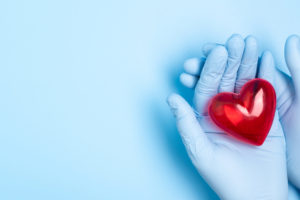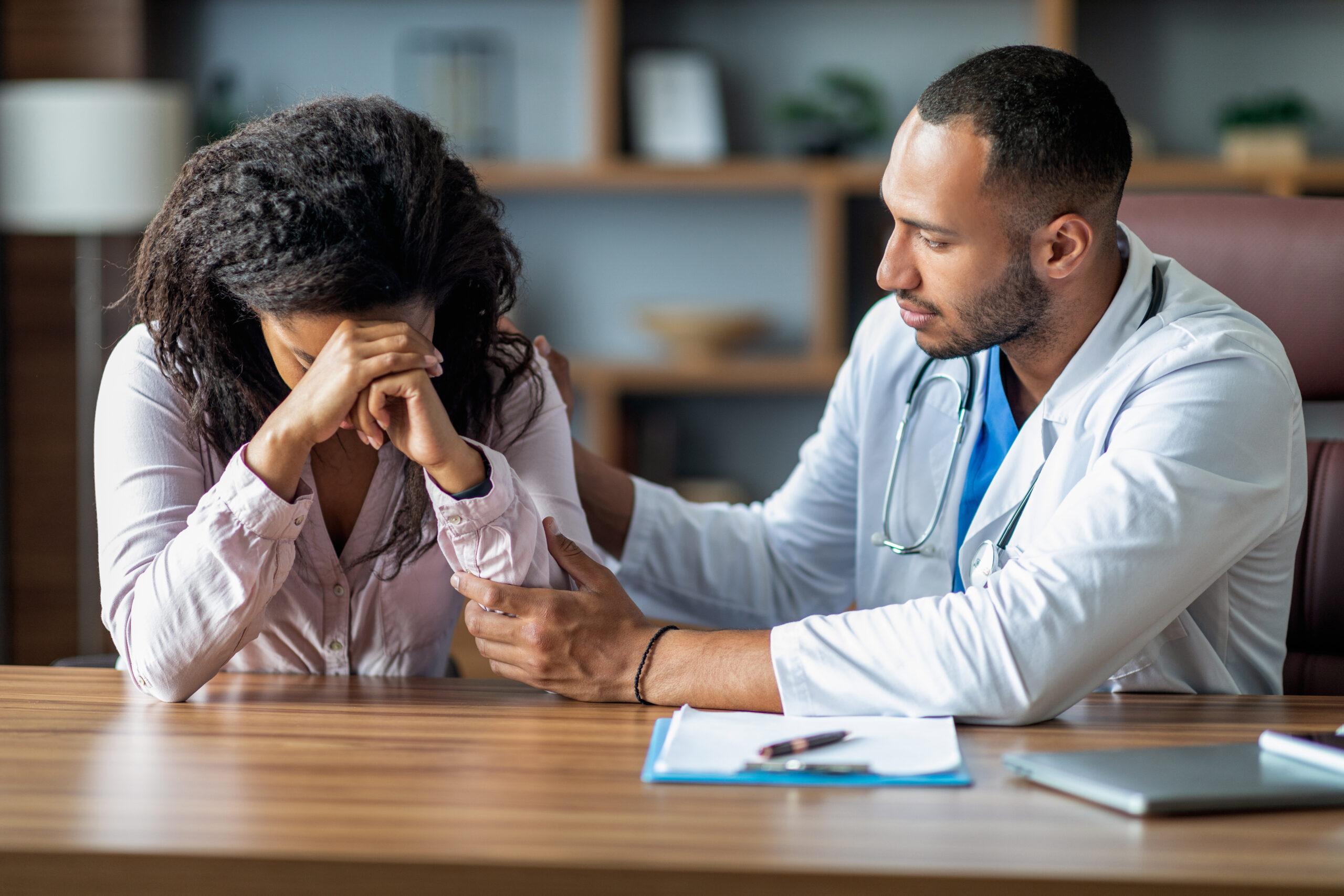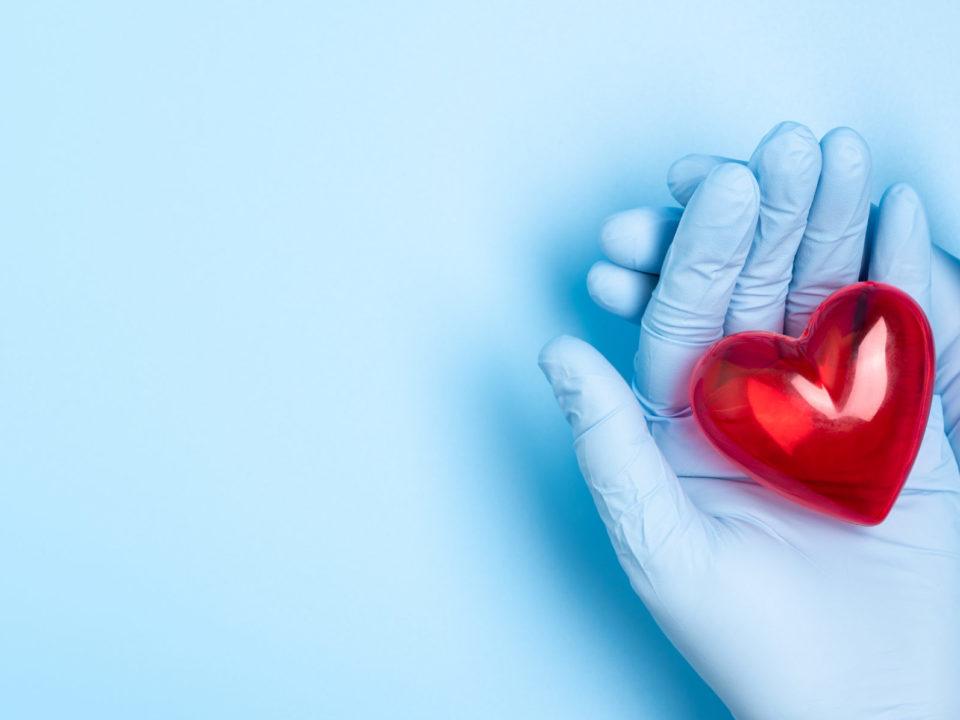7 Ways to Keep Your Kidneys Healthy
Our kidneys belong to what we call our ‘major’ organs, as they perform work in our body that keeps us alive. We can live without a gall bladder, but we cannot survive without a liver, heart, lungs or kidneys. This is why it’s so vitally important that we look after our kidneys, not only to prevent kidney disease but also to make sure they are always in good working order. So, let’s have a look at what our kidneys do for us, what happens when they can’t do these things anymore, and how to look after them.
What do our kidneys do for us?
The main job of our kidneys is to work together with our liver to process and remove toxins from our blood. In this case, ‘toxins’ aren’t necessarily poisons. The term means anything that would be harmful to us if they stayed in our systems. So, it includes everything from certain ingredients in our food (like small traces of mercury in fish) to animal fat and alcohol. As blood flows through our kidneys, they remove these materials from the blood, thus ensuring that these don’t enter any further into our bodies.
The kidneys also do a lot more for us. They help to control our blood pressure by regulating the amount of salt in our bloodstream and removing any harmful extra salts and minerals and help produce red blood cells. This is very important for overall body health, and particularly to keep your bones healthy. Our kidneys turn all these materials into a waste product that we eliminate, which we call urine.
Because they play all these roles, our kidneys have to be very strong. Problems develop when they aren’t healthy enough to successfully process harmful materials. When this happens, our entire bodies begin to break down which could be fatal. This is why people who have severe kidney disease have to have regular ‘dialysis’, where their blood is routed through a machine that ‘cleans’ it in the same way that their kidneys would before it is pumped back into their bodies.
Find out more about why it is important to look after your kidneys here.
Where are your kidneys?
You’ll find your kidneys, one on either side of your body, just below your rib cage towards the back of your abdomen. They are deep inside your body, to protect them from external damage because they are so important in keeping you alive. Each is about the size of an adult’s fist.
What happens with kidney disease?
Kidneys can take such a battering if we don’t look after them that they can no longer work as well as they should, and they can become diseased. In extreme cases, they can stop functioning completely, which we call a kidney (or renal) failure. Happily, we only need one kidney to survive, which means that we can afford to lose one if it becomes unhealthy.
So, what can happen to our kidneys? The main condition that we need to be careful of is known as Chronic Kidney Disease. Recent research has found that a major cause of this is obesity, which makes sense, because our kidneys are especially vulnerable to the things we eat, given their jobs in our bodies. In fact, our diets are so important to healthy kidneys that we are seeing an increase in kidney disease as a result of eating too much unhealthy fast food. It is estimated that 15% of South Africans suffer from some kind of kidney disorder
The main culprits here are Type 2 diabetes and hypertension. They both have very serious effects on our kidneys, weakening them and breaking down their ability to function.
Find out more about Kidney Dialysis here.
7 Ways to Keep Your Kidneys Healthy
Unless there is a kidney condition in the family that is passed down – and this is quite rare – kidney diseases are completely preventable. Here are 7 things that you can do every day to help make sure your kidneys are healthy and happy.
1. Live an active lifestyle and keep fit
When we’re fit our blood pressure is lower, which means far less strain on our kidneys. It doesn’t really matter what kind of exercise we do, but the best exercises for kidney health are cardiovascular ones, like cycling and running.
2. Control your blood sugar
Diabetes is closely linked to kidney damage, so it’s very important to follow the guidelines that protect you against diabetes. This means not eating too much sugar, in any form whatsoever. Remember, there is a LOT of sugar in a takeaway hamburger, for example, so do some research to find out about better low sugar options.
Learn more about the link between Diabetes and your kidneys.
3. Look after your blood pressure
High blood pressure damages the kidneys, so make sure you have yours checked regularly. Maintain good blood pressure by eating properly and exercising regularly.
4. Drink lots of healthy fluids
Water is critical for the kidneys to function properly. It makes sense if you think about it for a moment. Imagine a cup of water with a little bit of salt in it, and another cup full of salt with just enough water to make it moist. It’s far easier to pour from the first cup than the second, because the more water you have, the more the salt is diluted. Our kidneys work in the same way.
5. Don’t smoke
Smoking not only puts toxins into our blood that the kidneys need to then cleanse, but it also narrows the blood vessels, which interferes with blood flow through the kidneys. This means that it is more difficult to remove the toxins from the bloodstream.
6. Don’t drink too much alcohol
As we said above, the kidneys are used to remove alcohol from the blood. If we drink too much, we damage our kidneys over the long term, because having to process too much alcohol places a serious amount of strain on our kidneys and liver.
7. Be careful of over-the-counter pills
All medication (particularly pills and capsules) need to be processed by the kidneys, and some of these medications can have a serious effect if you take them for too long. So, make sure you tell your doctor about all medications you’re taking, and how much of them you’re using.
The lenmed Group is a world-class chain of Private Hospitals that brings quality healthcare to communities across Southern Africa.
For more information please contact:
Dr MM Mahlangu (Specialist Physician / Nephrologist)
MBBCh(Wits) Mmed Internal Medicine (UL) Cert of Nephrology (CMSA)
Zamokuhle Private Hospital
Tel: +27 (0) 11 923 7750
Email: [email protected] or [email protected]
Disclaimer: Any information contained here is merely a guideline. Always visit your healthcare practitioner for any health-related advice or diagnosis.
















